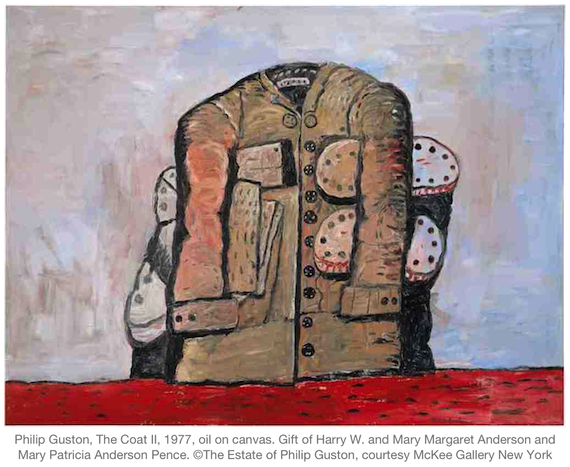I met a man who described his dream of a creative life in the same way I describe my own. We tell our story differently. That man is talking about a dream without the intention of pursuit. He is intelligent, well educated, and has a clear vision about what he would like to write. Why won’t he write anything? Fear. He is afraid that, if he does become a writer, he will discover that he is not a great talent, that his great story is not riveting.
I first read John Engman’s poem, Another Word for Blue, when the poet was still alive, teaching writing at St. Olaf College. I loved it then; I’ve always remembered it. I think about it–the sky, blossoms, grasses, fabric, water on asphalt. I’ve attached a link here, an example of beauty that can come from expressing that same sentiment I’ve mentioned above. https://books.google.com/books?id=zim99Q28NPUC&pg=PR6&lpg=PR6&dq=john+engman+another+word+for+blue&source=bl&ots=Yvnx6JKMYE&sig=WPU9rOkG94svBWQCPyPC1rUy7aY&hl=en&sa=X&ei=HszGVLz3OeHbsASp84LgAQ&ved=0CCYQ6AEwAQ#v=onepage&q=john%20engman%20another%20word%20for%20blue&f=false
For me, the fear of regret trumps any fear that, by trying, I might confirm all that feedback my parents and I received during my elementary school years. The fear of regret trumps the fear of, average.




